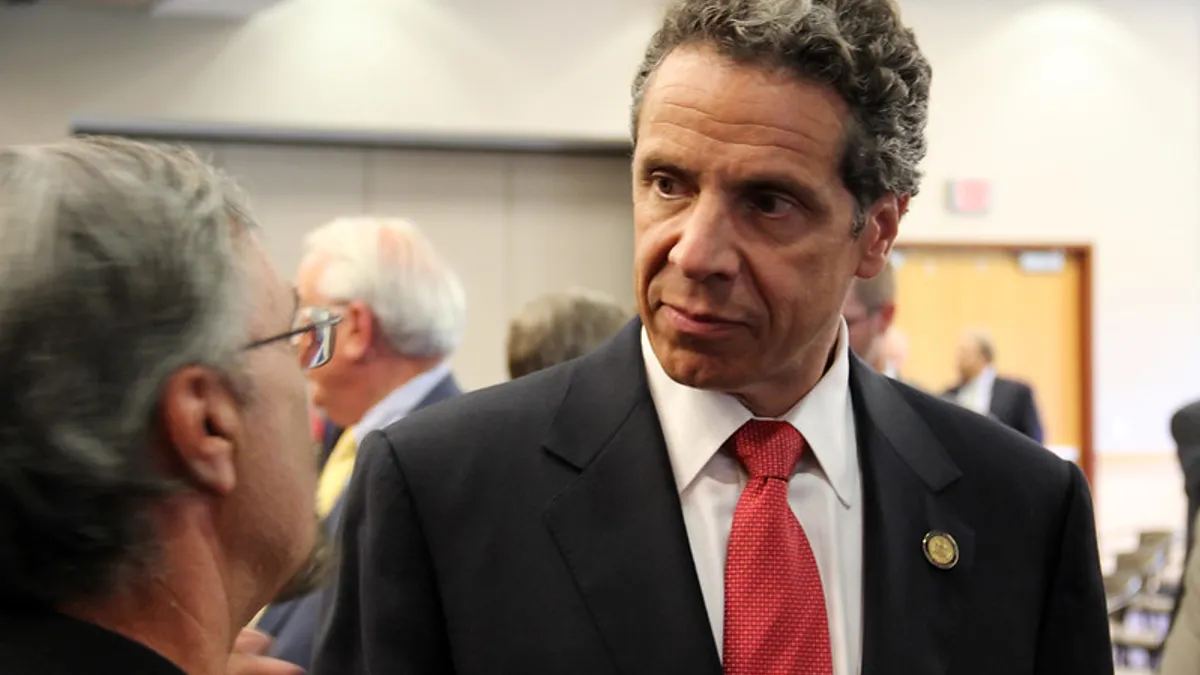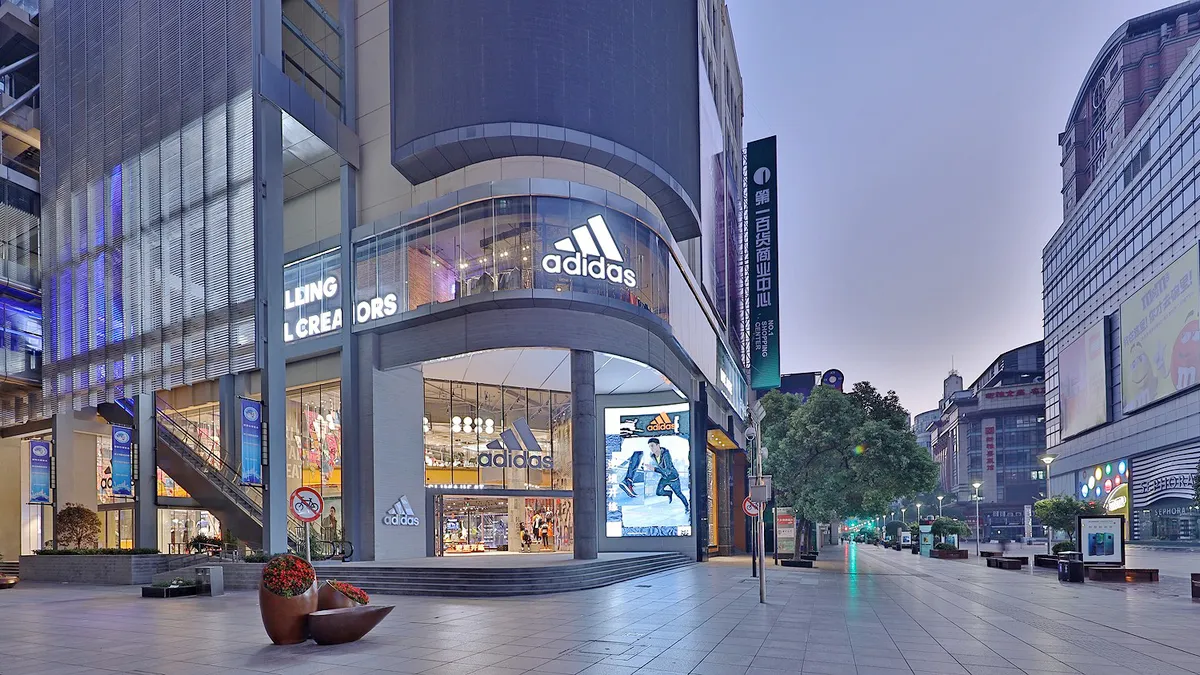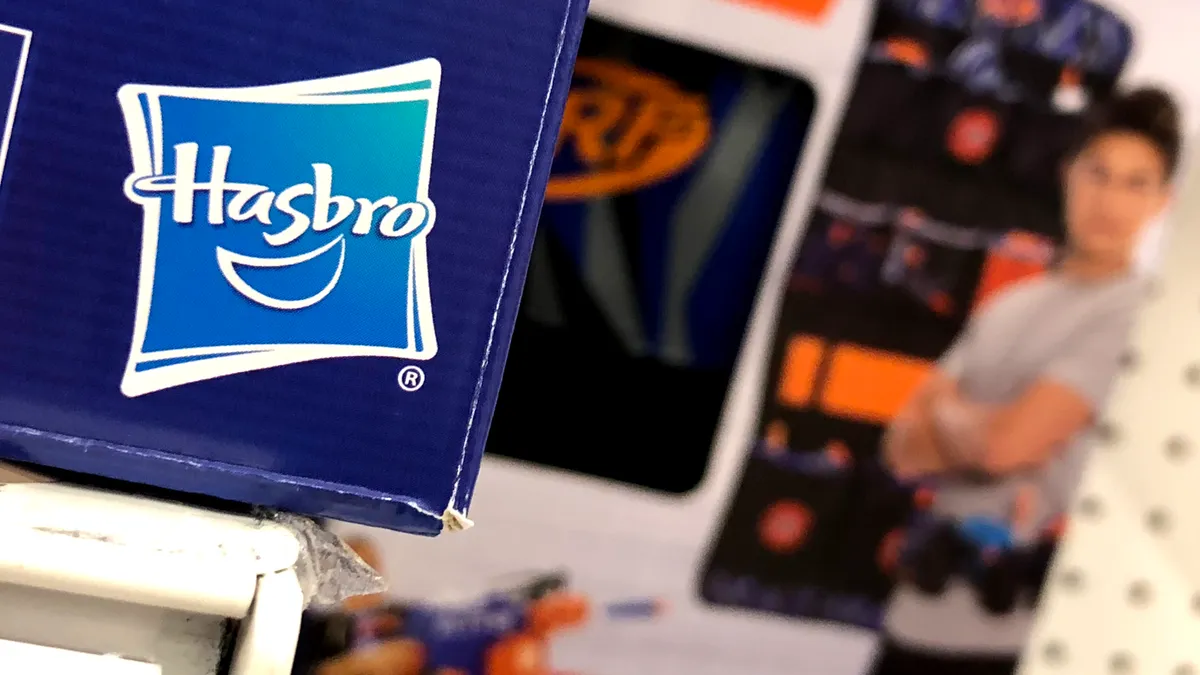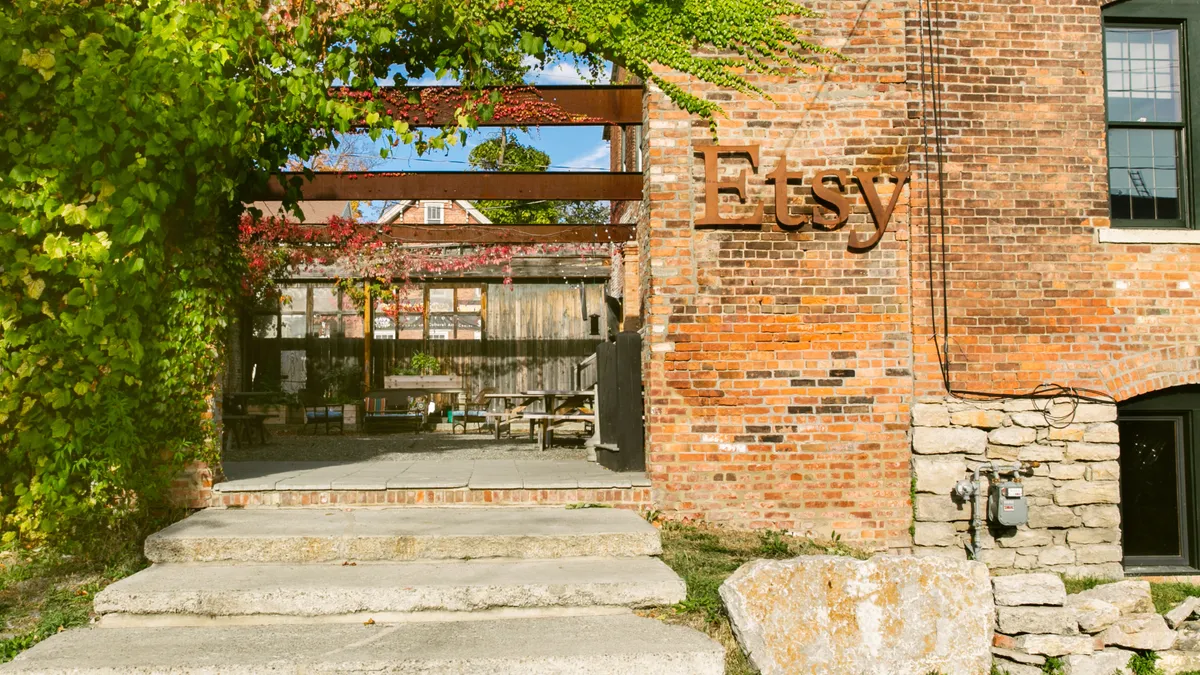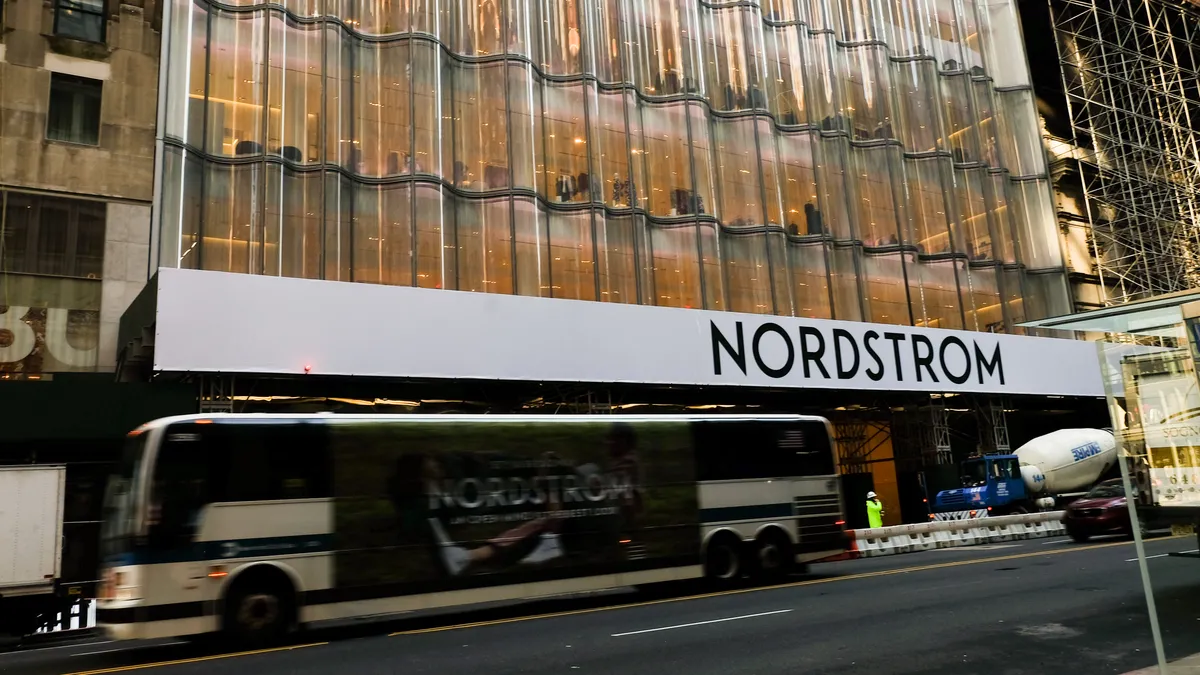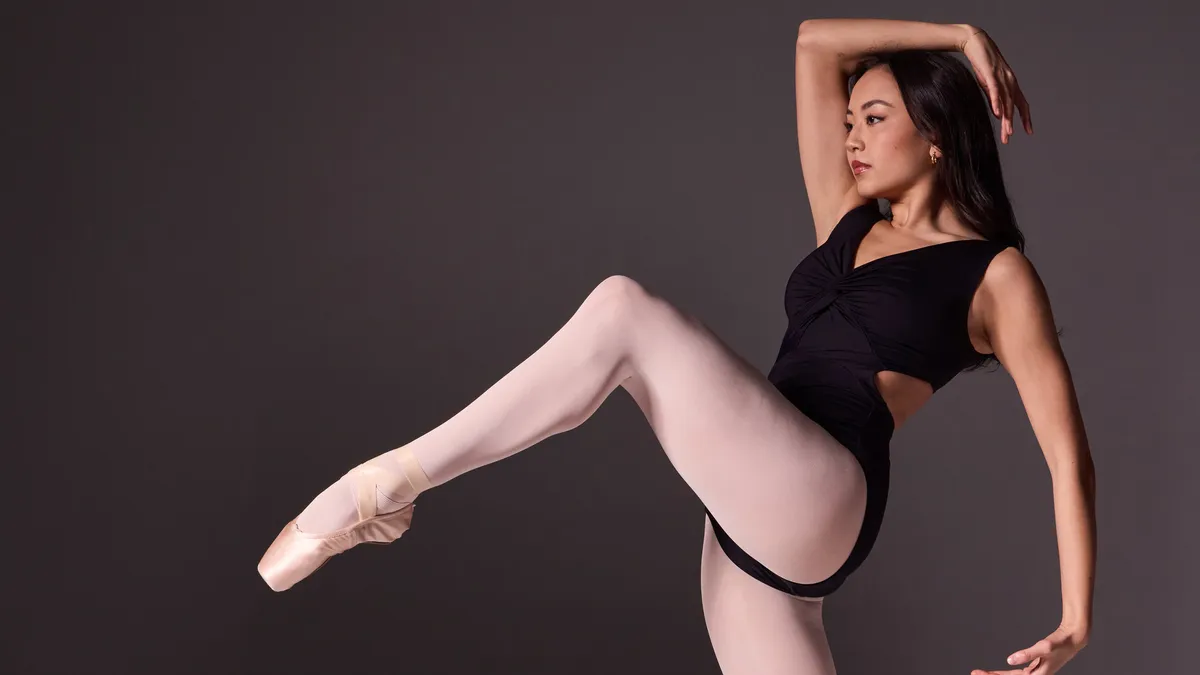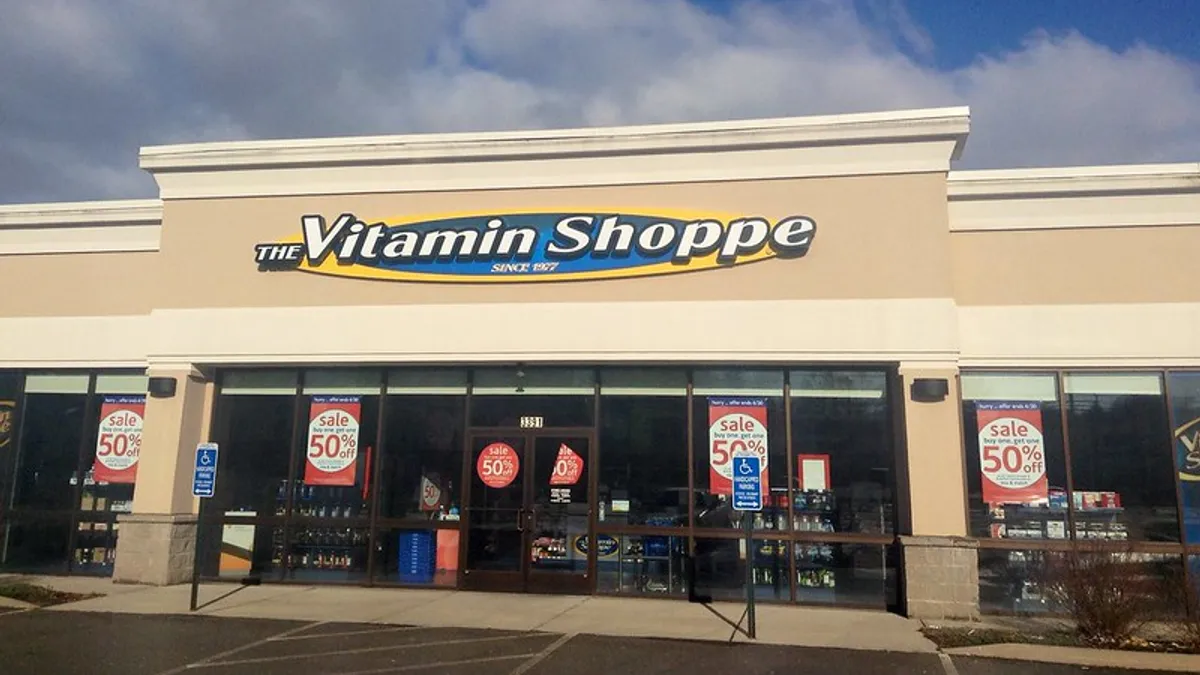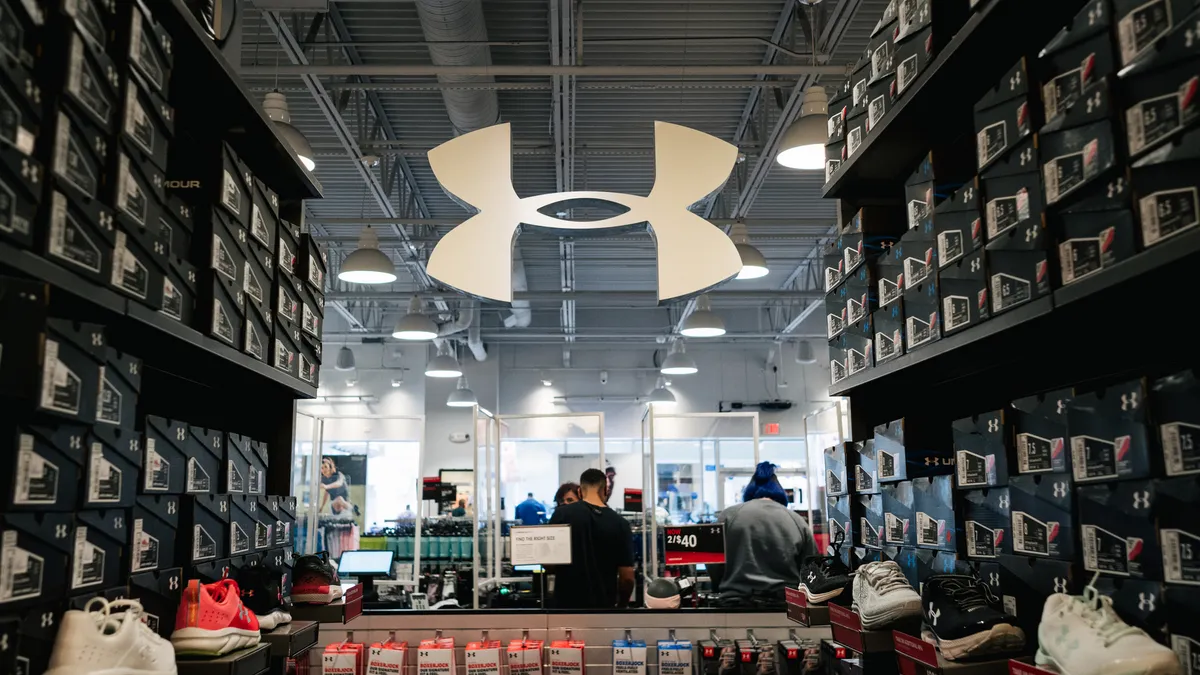New York Governor Andrew Cuomo on Monday announced that in order for malls to reopen, they will have to upgrade their air filtration systems in an effort to stem the spread of the coronavirus that causes COVID-19.
"[A]ir conditioning filters with a Minimum Efficiency Reporting Value (MERV) rating capable of filtering COVID-19 particles or similar air exchange measures will be mandatory for large mall reopenings," according to an announcement from the governor's office. "A COVID-19 particle is approximately 0.125 microns in diameter. Filters with a high MERV, such as High Efficiency Particulate Air (HEPA) filters, have been shown to help reduce the presence of COIVD-19 in air filtration systems."
Several regional malls in the state, including the Poughkeepsie Galleria, Crossgates Mall in Albany, Destiny USA in Syracuse, Walden Galleria in Buffalo, Palisades Center in West Nyack, and the Galleria at Crystal Run in the Hudson Valley region would be affected by the decree, according to Peter Gerney, founder and principal at market research firm Gerney Research Group, which works with several area malls and major department stores.
Almost all are two-level malls with big concourses and therefore better air circulation than most big box stores, he said in an interview. "How do you say that's a less safe environment than a Walmart Supercenter that's jam-packed with people and has lower ceilings?" he told Retail Dive by phone. "From an economic perspective, you're basically telling every small tenant in that mall that they can't reopen. You're allowing the big boxes to take over complete market share and essentially putting these smaller stores out of business."
Gerney questioned how much of a difference the filters would make, and noted that scientists and public health experts have pushed wearing masks, social distancing, and hand-washing and sanitizing.
Indeed, while the filters described by Cuomo are conducive to human health in general and could have some effect in preventing the spread of the virus, they aren't the most effective way to protect consumers against COVID-19, according to Jeffrey Siegel, Ph.D., a professor at the University of Toronto's department of civil and mineral engineering and an expert on heating, ventilation, and air conditioning (HVAC) filtration.
One problem is that such filters are rated in a lab, so their performance within a mall's HVAC system isn't necessarily guaranteed, he told Retail Dive in an interview. The material for the filters that Cuomo is mandating is also used to make personal protective equipment, which is in short supply even for health care workers, he said.
Governor Cuomo's office didn't immediately reply to Retail Dive's questions about why big box stores are exempt, how the effectiveness of the required filtration was assessed, or whether there is concern the mandate could lead to supply chain issues for PPE.
Moreover, the step pales in comparison to other known methods of prevention, namely mask wearing and social distancing, both Gerney and Siegel said. And the best filtration won't help if people are crowded together, Siegel said.
"I encourage people to think about filtration as a little bit of added risk reduction for COVID-19 and it has a host of other benefits to health," he said by phone. "But for something like a shopping mall it's really hard for me to think that air filtration is going to reduce transmission that much. The primary mode is people close to each other, so doing things to avoid crowding is more effective. When we talk about indoor air quality we always talk about source control. Things like masks and physical distancing are really important."
That's especially true for structures built a while ago. "I'm not saying you can't make a perfectly safe building," he said. "But that's a very different question when you're talking about an existing building."
Some areas of malls need more attention. "As you're expending resources, your HVAC bathroom ventilation is probably a really big deal in some buildings for COVID transmission," Siegel said.
The scale of the outbreak in a given area should also be a determining factor in opening malls or stores at all, Siegel said, adding that risk to employees is probably higher than for customers.
"If you have an outbreak going on I don't see how you operate a store safely," he said. "But if you have small numbers of cases, I worry relatively little about customers going through the store. If you don't have good mask compliance then it's a really hard argument to open stores. One of the things that's really important to convey is — the last thing I want is someone feeling more panicked. We're in a serious situation, no doubt, but we have some strategies to deal with it."



